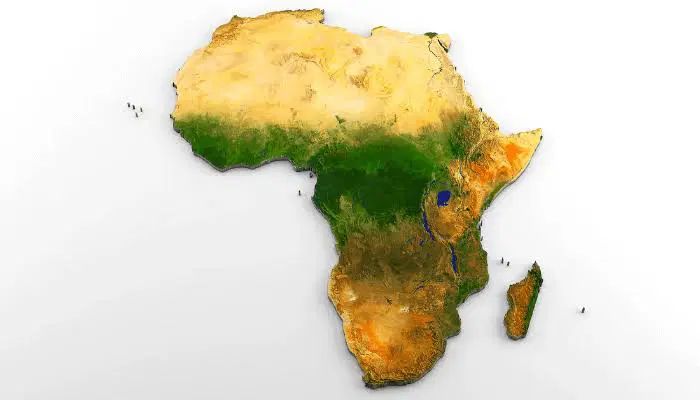Nigeria’s external debt stock is projected to reach $50 billion as the Debt Management Office prepares to release its third quarter 2024 public debt data.
As of March 31, 2024, Nigeria’s total public debt stood at N121.67 trillion ($91.46 billion), with domestic debt at N65.65 trillion ($46.29 billion) and external debt at N56.02 trillion ($42.12 billion).
By September 30, 2024, the country has secured several external loans from the World Bank and other multilateral agencies, contributing to this increase in external debt.
As of March 31, 2024, Nigeria’s debt to the World Bank stood at $15.59 billion.
In June 2024, the federal government secured a $2.25 billion facility aimed at supporting the Nigeria Reforms for Economic Stabilisation to Enable Transformation Development Policy Financing Programme and the Nigeria Accelerating Resource Mobilization Reforms Programme-for-Results.
This funding is intended to provide immediate financial and technical assistance to help stabilize the economy and support vulnerable populations at risk.
Recently, the World Bank approved a $1.57 billion loan for three new projects in Nigeria aimed at addressing governance challenges in education and healthcare.
The initiatives include improving primary healthcare services and enhancing resilience to climate change through better dam safety and irrigation infrastructure.
This package includes a $70 million grant, part of the World Bank’s broader efforts to enhance key sectors such as education, healthcare, and water management, while also tackling poverty and boosting productivity.
The African Development Bank had also in July approved $500 million for Nigeria to finance the first phase of the Economic Governance and Energy Transition Support Program (EGET-SP), a new programme aimed at accelerating transformation of the country’s electricity infrastructure and improving access to cleaner sources of energy.
Nigeria in June equally secured an additional disbursement of $925 million from Afreximbank under the syndicated $3.3 billion crude oil-backed prepayment facility sponsored by the Nigerian National Petroleum Company Limited.
Since the last foreign debt data was released for Q2 2024, Nigeria has also secured various multilateral and bilateral loans.
Records indicate that the country’s debt service cost in the first seven months of 2024 rose by 53.63%, reaching $2.78 billion, up from $971.47 million during the same period in 2023, which was $1.81 billion.
As of September, the Weekly International Payments data from the Central Bank of Nigeria indicates that Nigeria’s external debt service costs peaked in May at $854.36 million, followed by $560.51 million in January and $542 million in July.
In contrast, February, March, and April saw payments below $300 million, with the lowest amount recorded in June 2024 at $50.82 million.
Global rating agency, Fitch has projected that Nigeria’s external debt service cost could reach $5.2 billion by 2025.











